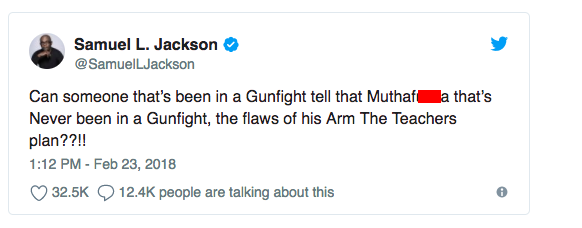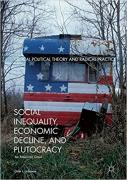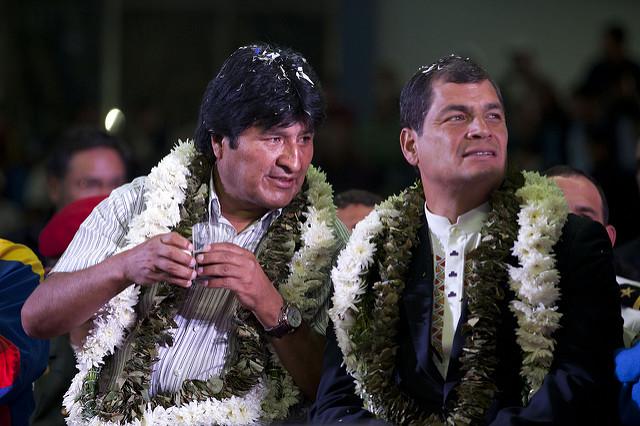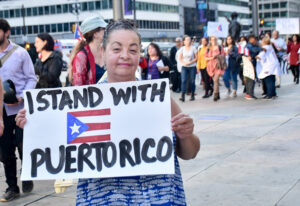The New York Health Act and the NYC Municipal Labor Movement
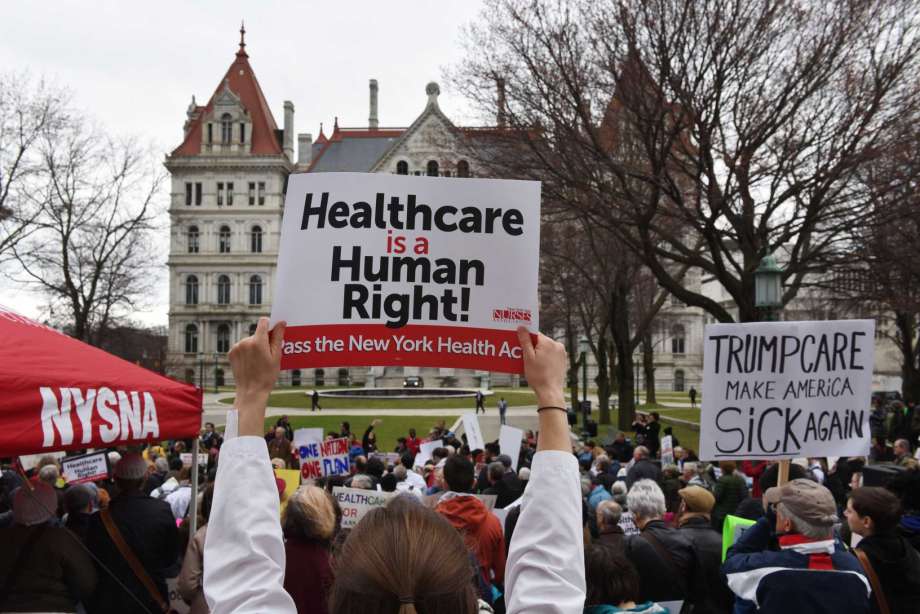
While a Single Payer healthcare system is on the table nationally (in the form of several bills, but perhaps more importantly, in the platforms of nearly all the top presumptive Democratic presidential nominees), the actual creation of such a system is perhaps more likely to be accomplished at the state level first, and it’s possible New York and California are tied for “most likely to succeed.” Even as some advocates caution that we should only fight for a national single payer plan, despite there being even less of a “pathway to victory” in the short-term, I see these campaigns as complimentary. Ambitious and aspiring New York State politicians are well-attuned to what constitutes “progressive” on the national scene, and it is to everyone’s advantage if supporting single payer is viewed as part of proving their credentials.
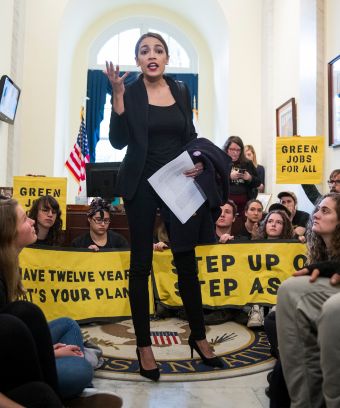
The environmental policy centerpiece of the incoming Democratic House of Representatives is what’s now known as “The Green New Deal.” But it’s already hit deeply polarizing pushback from the old-line Democratic leadership. And it faces divisive jockeying over the future of nuclear power.

Scott McLemee considers Leo R. Chavez's Anchor Babies and The Challenge of Birthright Citizenship, which makes clear how little has been added to the stock of anti-immigrant rhetoric over the past century.
Reports of the forcible separation of parents and children at the border by U.S. immigration authorities tell only part of the story of the violence now being directed against hard-won norms of civil society.
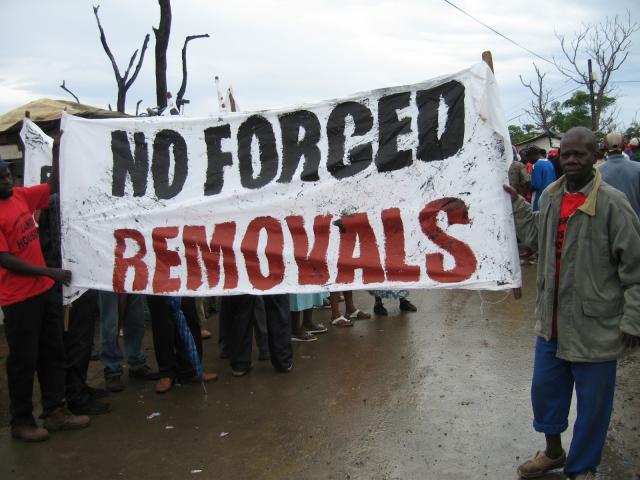
In South Africa ten members of a militant shack dwellers organisation have been assassinated in the past six years. Yet many progressive organisations have distanced themselves from these militants. Jared Sacks exposes the complicity of a mainstream NGO that could have played an important role defending the movement against these political assassinations. Sacks argues that when movements refuse co-optation, repression, including assassination, become necessary to maintain power.
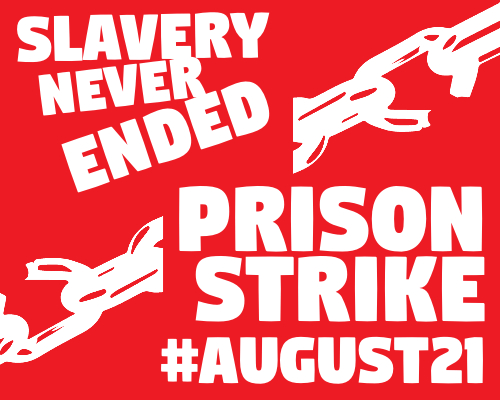 On August 21st, forty-seven years after the assassination of key movement organizer and theoretician George Jackson, prisoners across the country have once again begun mobilizing. Ranging from sit-ins to work stoppages, boycotts to hunger strikes, their actions have followed a nationwide call for sentencing reform, improved living conditions, greater access to rehabilitative programming, and an end to what strike organizers call “modern day slavery.”
On August 21st, forty-seven years after the assassination of key movement organizer and theoretician George Jackson, prisoners across the country have once again begun mobilizing. Ranging from sit-ins to work stoppages, boycotts to hunger strikes, their actions have followed a nationwide call for sentencing reform, improved living conditions, greater access to rehabilitative programming, and an end to what strike organizers call “modern day slavery.”
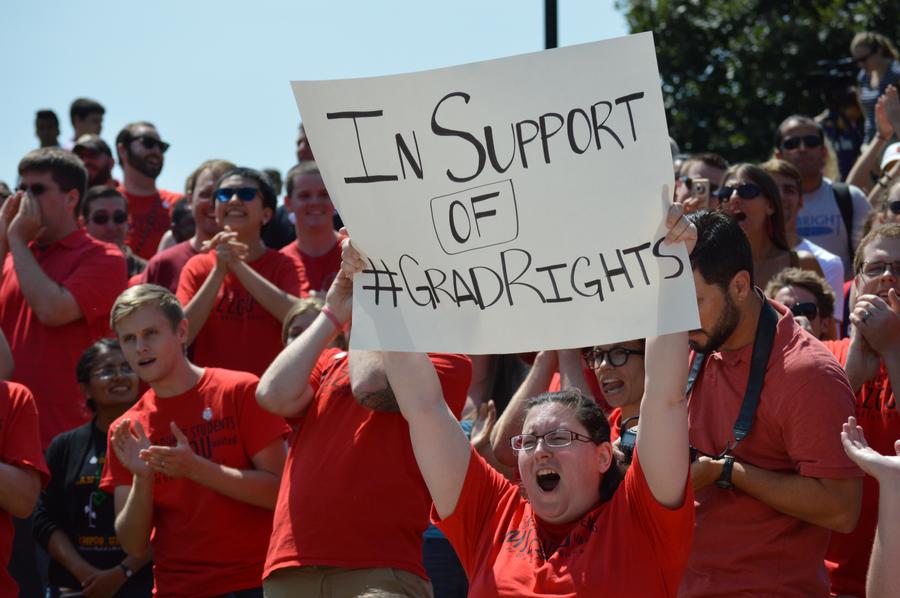
With the start of the new academic year underway, students and instructors will again enter into a millennia old relationship built on mentorship, trust and mutual respect. However, this school year, instructors will be walking into a very different classroom not because the this relationship has changed, but because the Supreme Court has signaled it does not politically support the casue of teachers advocating for working conditions that strengthen this bond.

I once asked a class at a prison in Washington State how they would describe the relationship between capitalism and incarceration. “They get you coming and going,” someone quickly offered.
An Interview with Lawrence Brown on Community Trauma and Healing

Lawrence Brown associate professor of public health in the School of Community Health and Policy at Morgan State University. He is the grandson of sharecroppers who lived in the Mississippi Delta and a native of West Memphis, Arkansas. He is a historian, critical geographer, and political economist who sees public health from a critical, interdisciplinary perspective and advocates for holistic approaches to healing the Black communities of Baltimore. His book The Black Butterfly: Why We Must Make Black Neighborhoods Matter (Johns Hopkins Press) is forthcoming.

A CNN report last November about slave auctions in present-day Libya shocked the world.1 The existence of these slave auctions was widely treated as a new development in the country and a result of the chaos that resulted from the NATO-supported overthrow of Colonel Muammar Gaddafi. In truth, however, what CNN discovered is but a surviving remnant of Gaddafi’s regime—the Libyan Arab Jamahiriya—a police state with systematic racism and abuse both of Libyans of sub-Saharan African descent and of sub-Saharan African migrants.
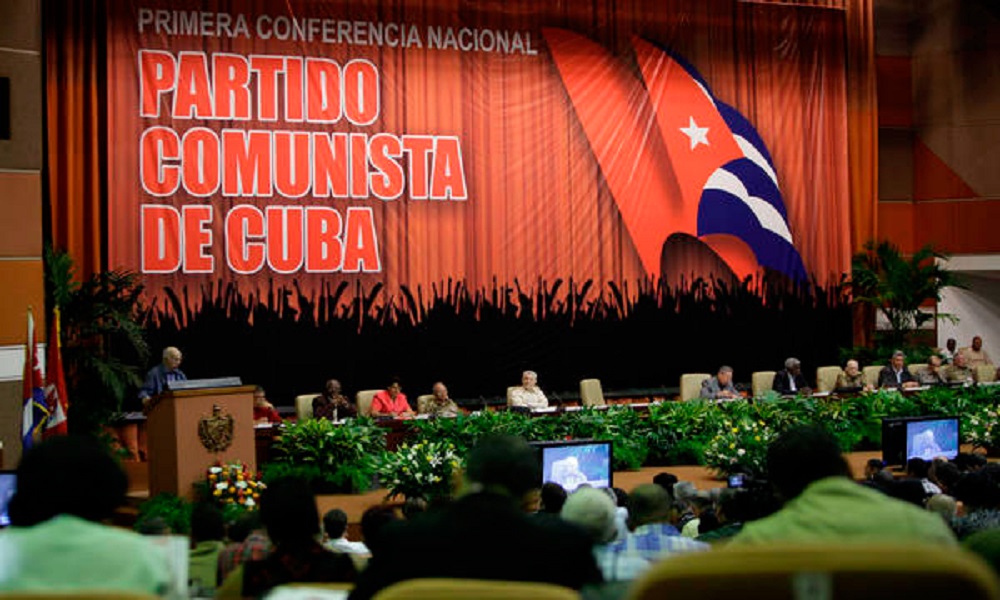
I. Since, at the end of 2007, Raúl Castro called for a broad national debate, ten years have passed. It was a kind of "social catharsis" of all the problems of the country. This fact can be marked as the beginning of a transformation process that has affected all the spaces of economic, political, social and subjective life in Cuba.




 On August 21st, forty-seven years after the assassination of key movement organizer and theoretician George Jackson, prisoners across the country have once again begun mobilizing. Ranging from sit-ins to work stoppages, boycotts to hunger strikes, their actions have followed a
On August 21st, forty-seven years after the assassination of key movement organizer and theoretician George Jackson, prisoners across the country have once again begun mobilizing. Ranging from sit-ins to work stoppages, boycotts to hunger strikes, their actions have followed a 




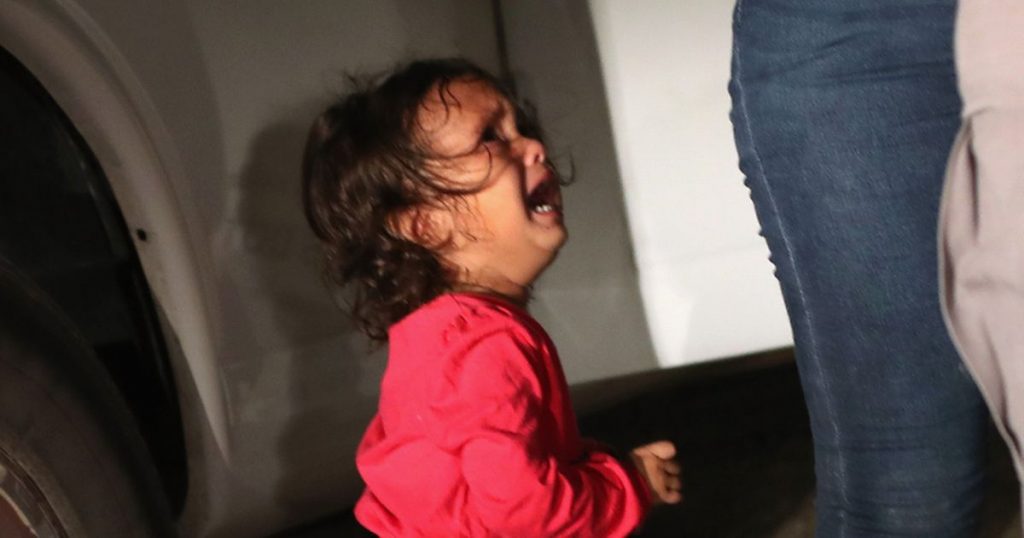
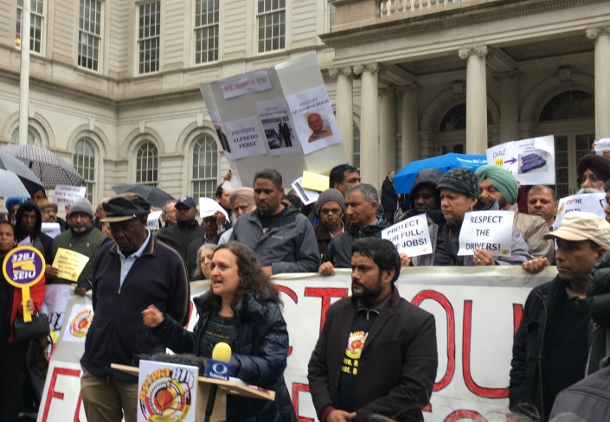
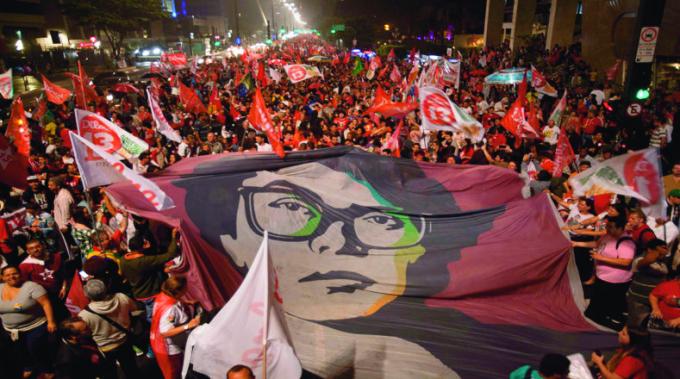

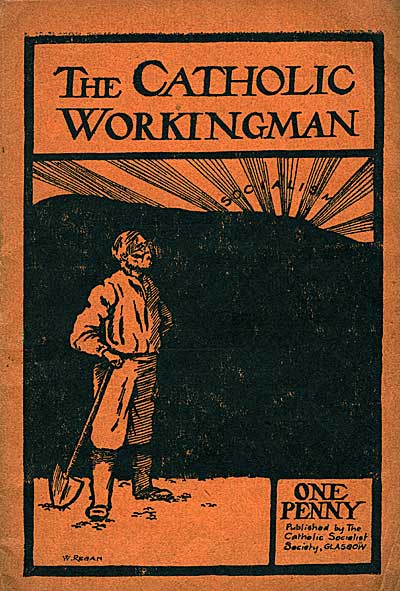 On March 19th, 2018, Gov. Phil Bryant of Mississippi signed into law the earliest abortion ban in the United States, restricting abortions after 15 weeks in the entire state. The day after, the Supreme Court housed debate on the legality of a California law regulating speech at anti-abortion crisis pregnancy centers, which required that they present information about affordable abortion, contraception, and prenatal care, and to display signs saying that they are not a licensed medical clinic, in cases where they are not. This has re-ignited debate over the appropriate stance for the left to take on abortion, and whether there is space on the left for anti-abortion views.
On March 19th, 2018, Gov. Phil Bryant of Mississippi signed into law the earliest abortion ban in the United States, restricting abortions after 15 weeks in the entire state. The day after, the Supreme Court housed debate on the legality of a California law regulating speech at anti-abortion crisis pregnancy centers, which required that they present information about affordable abortion, contraception, and prenatal care, and to display signs saying that they are not a licensed medical clinic, in cases where they are not. This has re-ignited debate over the appropriate stance for the left to take on abortion, and whether there is space on the left for anti-abortion views.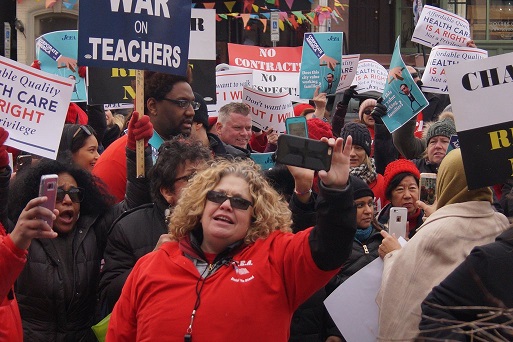 For some, the decision to support workers who strike is a given. We defend the right to join a union and exercise the right to strike in every country, as a human right. Defending the rights of workers to organize and withhold their labor when they need to use this weapon is as much a social justice issue as fighting racism, battling sexism, or protecting immigrants from deportation.
For some, the decision to support workers who strike is a given. We defend the right to join a union and exercise the right to strike in every country, as a human right. Defending the rights of workers to organize and withhold their labor when they need to use this weapon is as much a social justice issue as fighting racism, battling sexism, or protecting immigrants from deportation.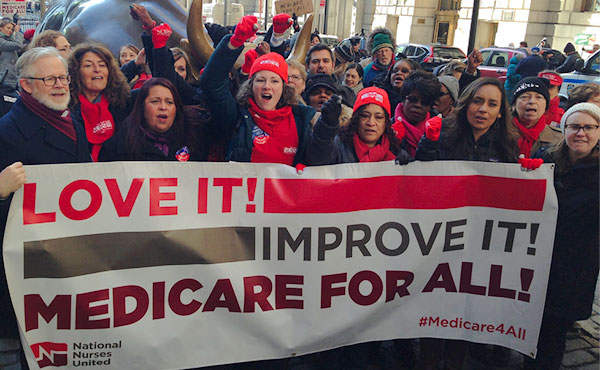 Healthcare is the crossroads where the assault on workers meets the juggernaut of “crony capitalism.” That’s the term used by the mainstream neo-classical and Nobel prize-winning economist Angus Deaton to describe the coziness between the healthcare industry and its government “regulators.” In fact, Deaton argues, how healthcare is financed and delivered is a driver of inequality.
Healthcare is the crossroads where the assault on workers meets the juggernaut of “crony capitalism.” That’s the term used by the mainstream neo-classical and Nobel prize-winning economist Angus Deaton to describe the coziness between the healthcare industry and its government “regulators.” In fact, Deaton argues, how healthcare is financed and delivered is a driver of inequality. 